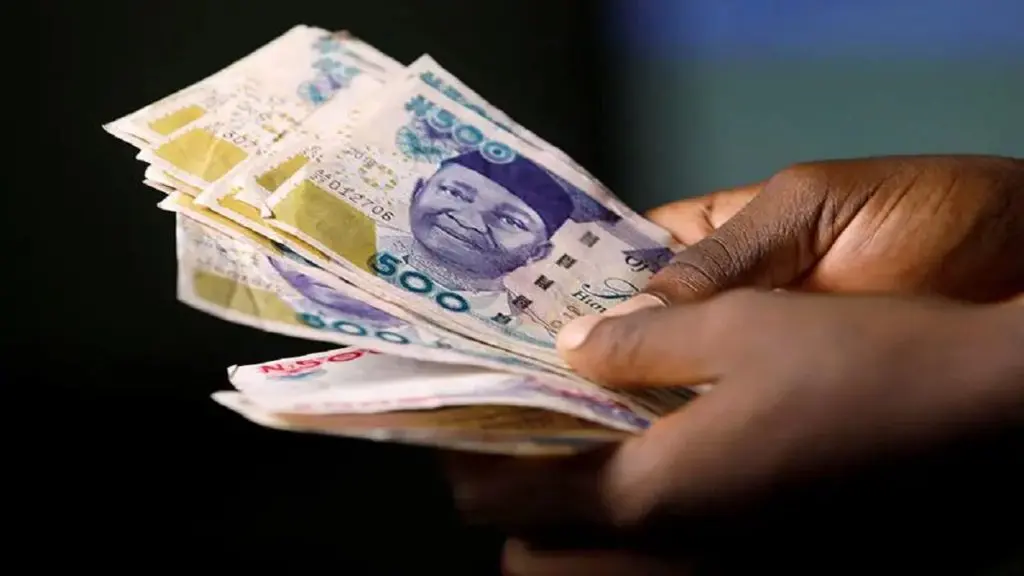Nigeria has recorded its strongest fiscal performance in recent history, with revenues totaling N20.59 trillion between January and August 2025. This represents a 40.5 percent increase compared to the same period in 2024, when revenues stood at N14.6 trillion. Non-oil sources accounted for N15.69 trillion, approximately three-quarters of the total revenue.
According to the Special Adviser to the President on Information and Strategy, Bayo Onanuga, President Bola Tinubu attributed the improved fiscal performance to reforms aimed at strengthening compliance, digitizing tax administration, and reducing government borrowing. The President noted that the Federal Government has not borrowed from local banks since the start of the year.
The increased revenues have resulted in record disbursements to subnational governments. In July 2025, monthly allocations from the Federation Account Allocation Committee to states and local governments exceeded N2 trillion for the first time. While revenues remain insufficient to fully meet government ambitions in key sectors such as education, health, and infrastructure, efforts are ongoing to bridge the gaps.
The Nigeria Customs Service has also reported significant revenue collection, with N3.68 trillion collected in the first half of 2025. This exceeds the service’s target by N390 billion and achieves 56 percent of its annual goal. The growth is attributed to a combination of reforms, compliance, and digitization, with some contribution from inflation and exchange rate revaluation.
The development marks a significant shift away from Nigeria’s historical dependence on oil revenue. The country’s fiscal foundations are being reshaped, with non-oil sources driving government revenue. The final validation of the revenue figures will be published by the Budget Office at the end of the year, providing a comprehensive overview of Nigeria’s fiscal performance in 2025.
The improved fiscal performance is expected to have a positive impact on the country’s economy, with increased revenues enabling the government to invest in key sectors and reduce its reliance on borrowing. As Nigeria continues to implement reforms and strengthen its fiscal foundations, the country is poised to achieve more sustainable and resilient economic growth.



